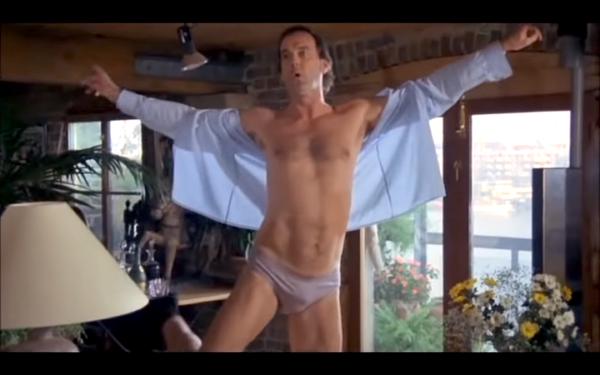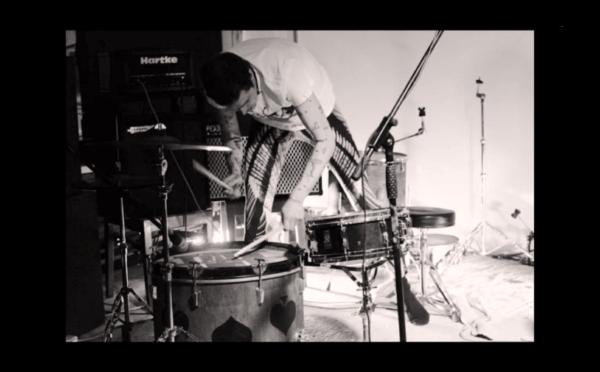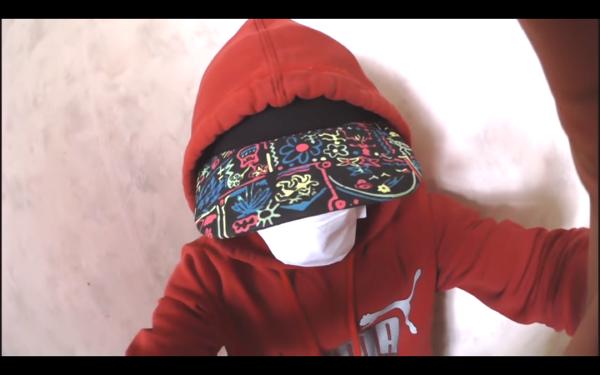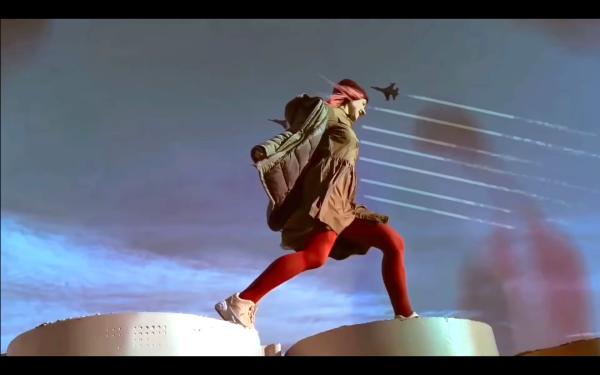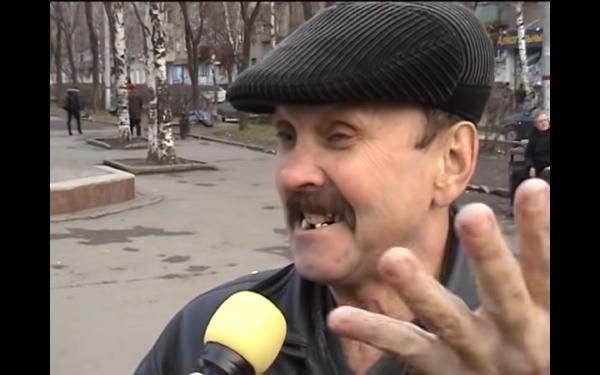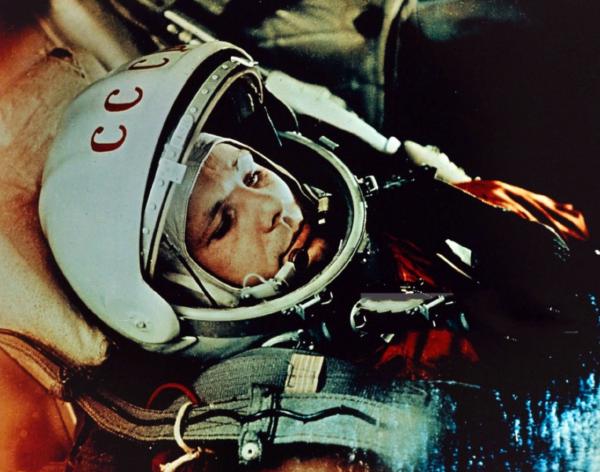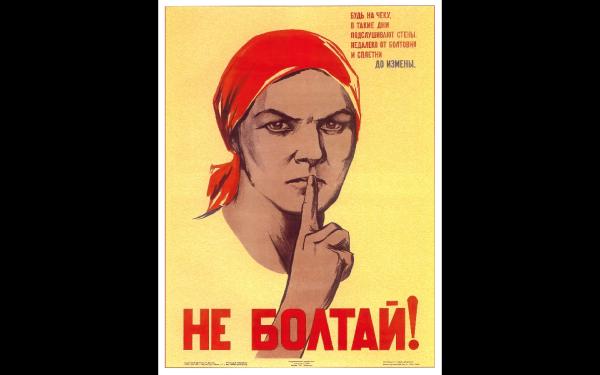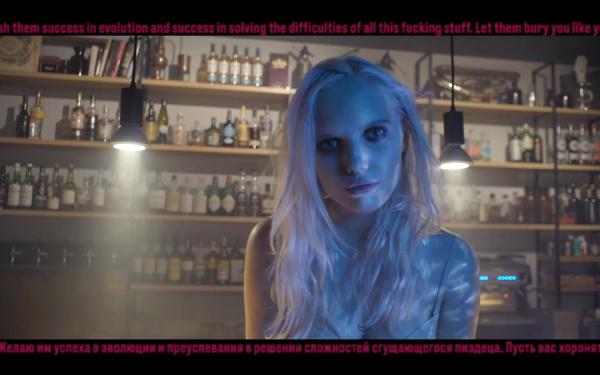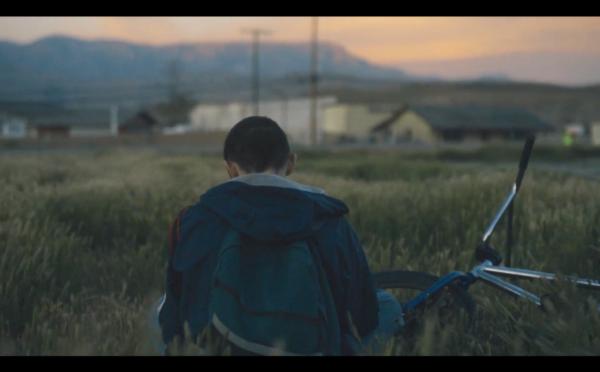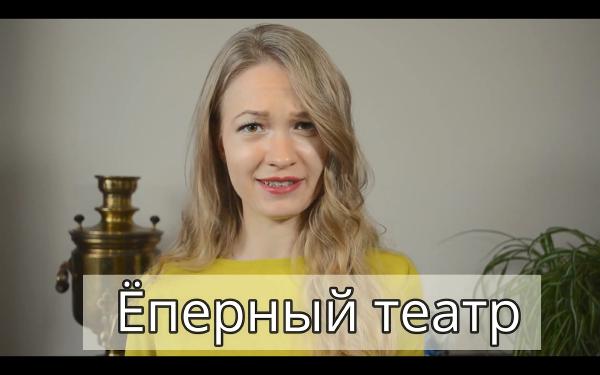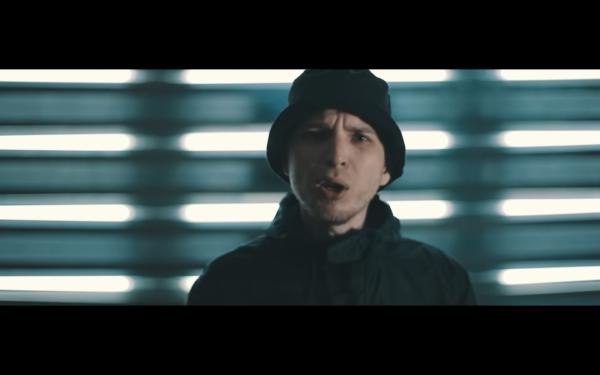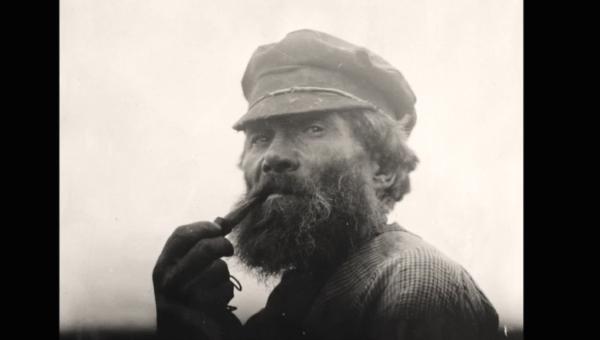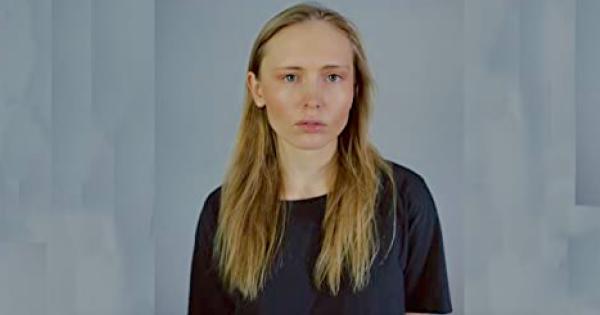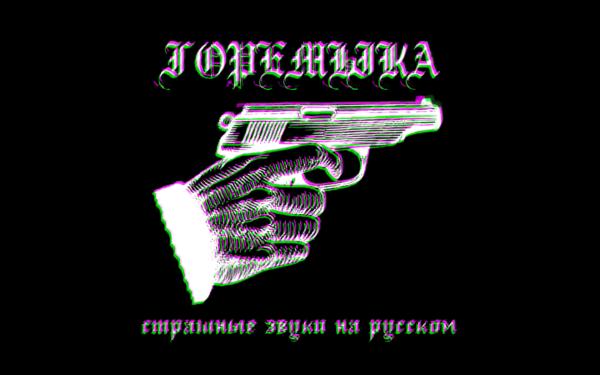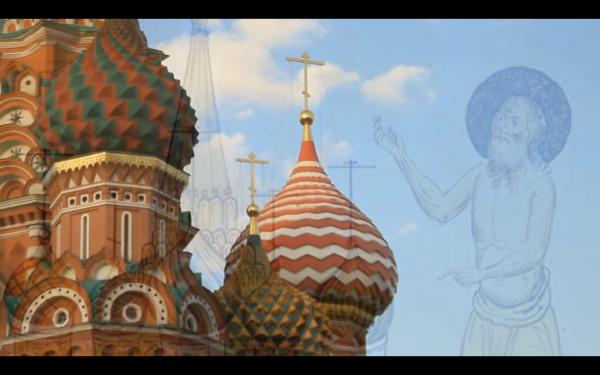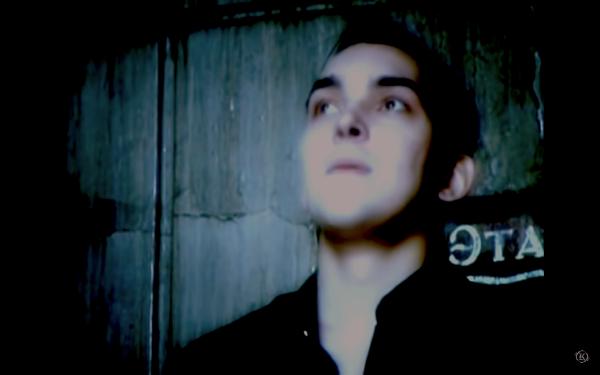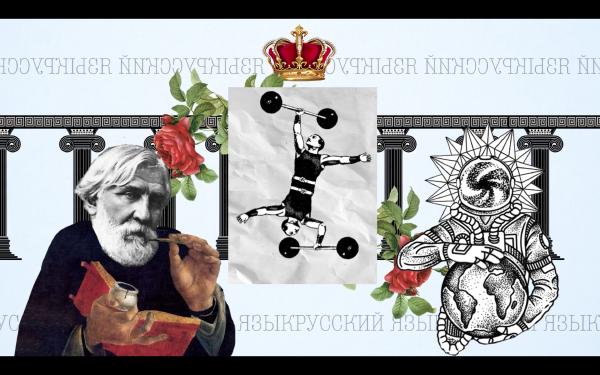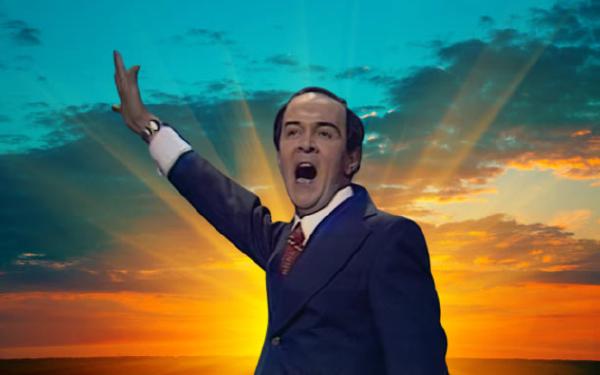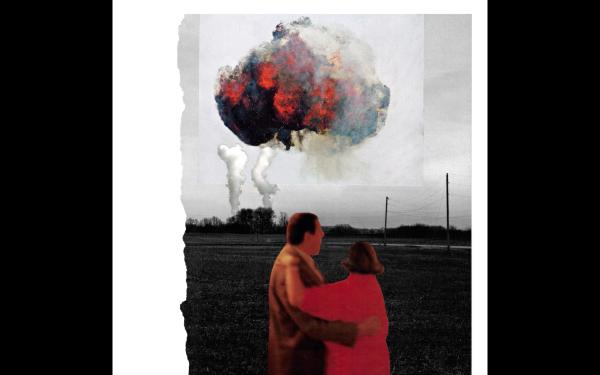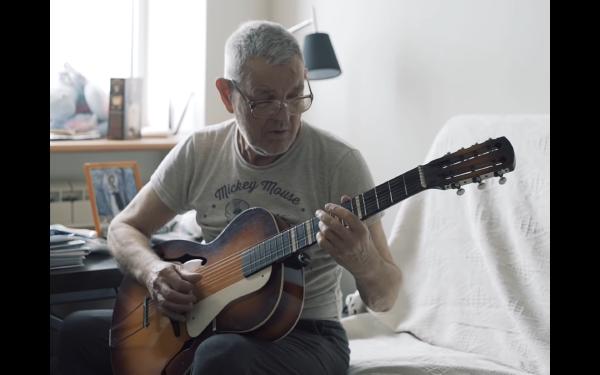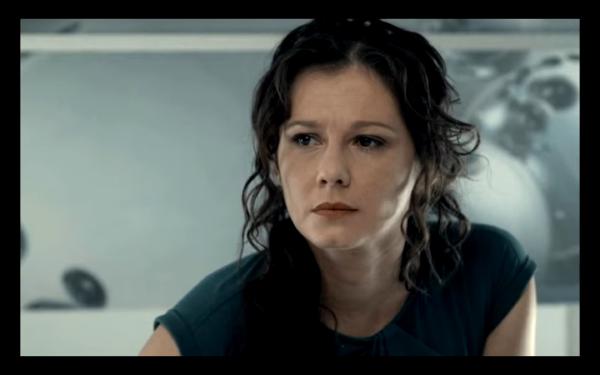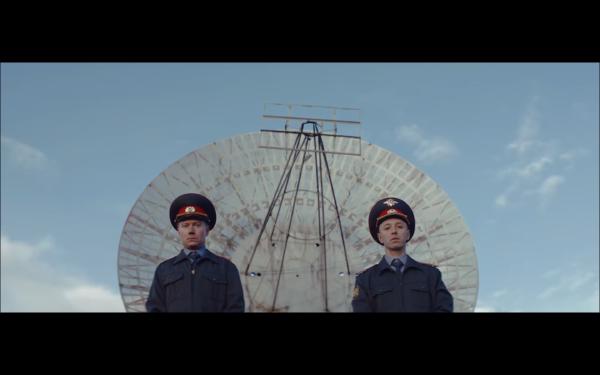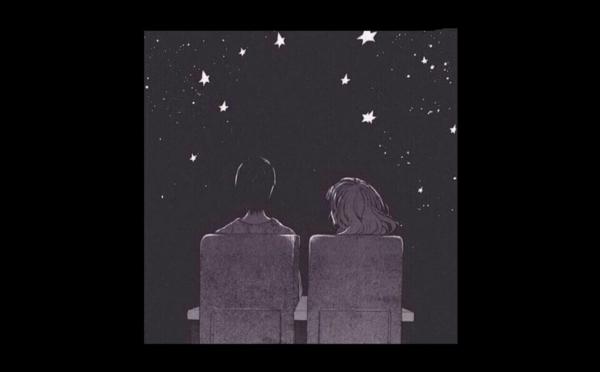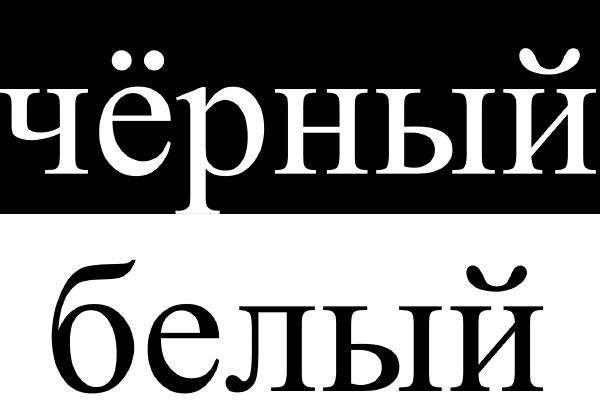John Cleese – How about Russian?
Language
In a famous scene from
A Fish Called Wanda (1988),
John Cleese (as Archie Leach) speaks some Italian words. “But it’s such an ugly language.” Co-star
Jamie Lee Curtis (as Wanda Gershwitz) has a different opinion. Archie doesn’t see it and suggests something better. “How about… Russian?”
Shokalsky Revenge
Music
They say it takes two to tango, but you can rock just as well with two. Everyone knows this since White Stripes, Black Keys,
Black Diamond Heavies, etc. This band is in the same vein, but rocks по-русски (in Russian): Shokalsky Revenge from Saint Petersburg.
Russia has strict laws when it comes to drug possession and trafficking. Severe penalties too. So the dealer doesn’t deliver to your house, but a кладмен (kladman) hides the order, which the customer then has to find.
Den from Denis, last name Burasnikov, and this Денис Бурашников (1988) does his thing as DenDerty. From
Yoshkar-Ola (=
Йошкар-Ола), a place you’ve probably never heard of, just like DenDerty. But hear this (and experience the opener).
Learn Russian with Interviews
Language
Learn spoken Russian while also getting to know some Russians. From a rocker and a tennis player to Dmitri at the disco and the average Joe. Educational and entertaining: these are the most useful and fun interviews на русском.
Finding or meeting love (с любовью встретиться) is a difficult problem (проблема трудная). The planet spins round and round (планета вертится круглая, круглая) and flies into the distance (летит вдаль) through the clamor of days (сквозь суматоху дней).
Joeri Gagarin (1934-1968)
Country
A Russian Hall of Fame can only begin one way: by launching it with none other than Yuri Gagarin. On April 12, 1961, at the age of 27, this humble young man stepped into the
Vostok 1, was shot into space, and returned two hours later as a global icon.
This shoots like an arrow from a bow and sounds fiery. Гореть красиво (Burn beautifully) by Стрела (arrow) or Strela, from
Lobnya, since 2017. Music that energizes, but with words that may do something else. Take a look.
Imperative Mood (Imperative)
Language
Look, this really isn’t difficult. Commands (
orders, mandates) using the
imperative mood. Also known as the imperative, from imperare = to command. With this повелительное наклонение, you can also be polite: it can express a wish, request, or advice.
Sasha Moskalets (feminist and badass according to her own
Instagram) used to sing in
Sewage Sour and now performs under the name ЛЮТИК (or LYUTIK), which means Buttercup. She was also a model, as shown and described by
Reykjavikboulevard (2013), and at some point, she needed (or used to need) something to drink on time.
Nobody in the West drives a Russian car or uses a Russian computer. You’d have to be crazy: even Russians prefer BMWs and Apple. But if you’re smart, your smartphone is powered by Russian technology. That is, if you’re using Telegram.
Everyone hates someone – but discrimination is illegal and out of date. Here’s a solution from Грязь or Gryaz: hate them all, in general. Я ненавижу людей: I hate people – including yourself by definition.
First, you learn the rules (years of work), then you hear a Russian speaking in real life and don’t understand a single *^&% of it (just an example). Theory is always slightly different from practice, and sometimes the differences are significant.
Marijuana and mushrooms with a mind-altering effect are the spices in Наш Хип-Хоп (Our Hip-Hop), and not everyone can handle them well. Someone once said you shouldn’t take one on an empty stomach, but the other might just work. Our hip-hop today always fits in, especially with the bass not too low.
Photography: Sergei Lobovikov
Country
Orphaned early, Sergei Lobovikov (=
Сергей Лобовиков, 1870-1941) was sent at the age of 14 from a village to the provincial town of Vyatka (now
Kirov), where he would later become an honorary citizen. He was meant to be trained as a shopkeeper and photographer. The rest is history that you should mostly see (he never became a shopkeeper).
“Band biographies are usually boring to ugly, and after reading them, you feel sorry for the writer, so we’ll try to keep it short.” This is how the bio of Skverna, a power trio with songs about про котов, партизан и всяческую сумятицу – cats, partisans, and all kinds of confusion – begins on their
VK page.
Fifth Case: Instrumental
Language
With “with,” you immediately have the key word for the instrumental case. With a discount, with Katya, with respect, by hand: all instrumental case or творительный падеж. You can do much more with this case; it’s truly a beautiful and useful tool.
Misery from
Smolensk (=
Смоленск) on the
Dnieper River. At least, that’s where Горемыка (Goremyka) comes from, a name meaning something like a wretch or failure (see
Академик,
поискслов,
Wiktionary). Dark language or страшные звуки (scary sounds) are no surprise then, but it’s all на русском (in Russian), and that works well here.
Buildings you know from sight but don’t know the official name of. If this were a competition, this one would win: the Pokrov or
St. Basil’s Cathedral on Red Square in Moscow, consecrated in 1561, better known as the
Cathedral of the Intercession of the Mother of God on the Moat.
About leaving and being certain. Не найти в доме дома: no home found in the house. Лучше пусти меня: better to let me go. And что там не ждут меня, that they aren’t waiting for me there: это не беда – it doesn’t matter, no big deal.
Simply the most beautiful language of all, as stated in
Why Russian. It’s more elegantly and finely formulated, better reflecting the beauty of the Russian language. “Russian has the grandeur of Spanish, the vivacity of French, the strength of German, the gentleness of Italian, and in addition to that, the wealth and brevity of Latin and Greek.”
The new year begins with “New Day” (Novyy den’), fully titled Новый день (наша Родина – Революция, ей единственной мы верны): The Revolution is our Motherland, and we are loyal to her alone.
Of all the Russian holidays and traditional days, and there are many, New Year or
Novy God is perhaps the most important. Also, a holiday of at least two days: it starts on 12/31, with
Christmas, the Fourth of July, and Thanksgiving, All Rolled Into One (The New York Times, 2018).
телеэкран (Teleekran) 4x
Music
Trio from Saint Petersburg, active since 2017. ‘Noisepop/postpunk/lo-fi/rock/indie/pop/outsider music’ (
VK), and it’s just really good. See Kartaslov for the
meaning of the word «телеэкран», which tells you that a tele-ekran is a TV screen.
It wasn’t mentioned anywhere, and that probably won’t happen again. But for this one time: the R1 editorial team is a fan of WLVS – short for Wolves (dating back to their English-language early days), though friends like to joke and call them Walrus. (A normal introduction to the band can be found
here.)
ш and щ: Spot the Differences
Language
One looks like a “w” with straight lines (like an E that has fallen over), and the other is similar but with a tail or hook. Or something like that. Not only do ш and щ look similar, but their sounds are also close. So close that distinguishing them isn’t easy.
Two by Marina Tsvetaeva, one by Joseph Brodsky, one by Nikolai Gumilyov. Four poems sung the way more should be sung. By
Polina Agureeva (=
Полина Агуреева, Volgograd, 1976). First and foremost an actress, but listen to this.
Three friends. Four trips to Russia. Moscow in spring,
Kamchatka in the fall, and in winter to the
Baikal Lake,
Murmansk,
Salekhard, and Saint Petersburg. You have to see what those three came back with. ‘Whatever man wishes to see in our Mother Russia, is there to find.’
As little as there is to be found about Окружающий Мир (The World Around), there’s just as little to report. Virtually nothing. And there wasn’t much to choose from either. It was Танцуй со мной (Dance with me) or nothing. Well then.
Russian Antonyms (антонимы)
Language
Following the introduction on
adjectives, where it was suggested to practice them with opposites or
antonyms (in Russian антонимы). They weren’t provided then and there, but here they are now.


